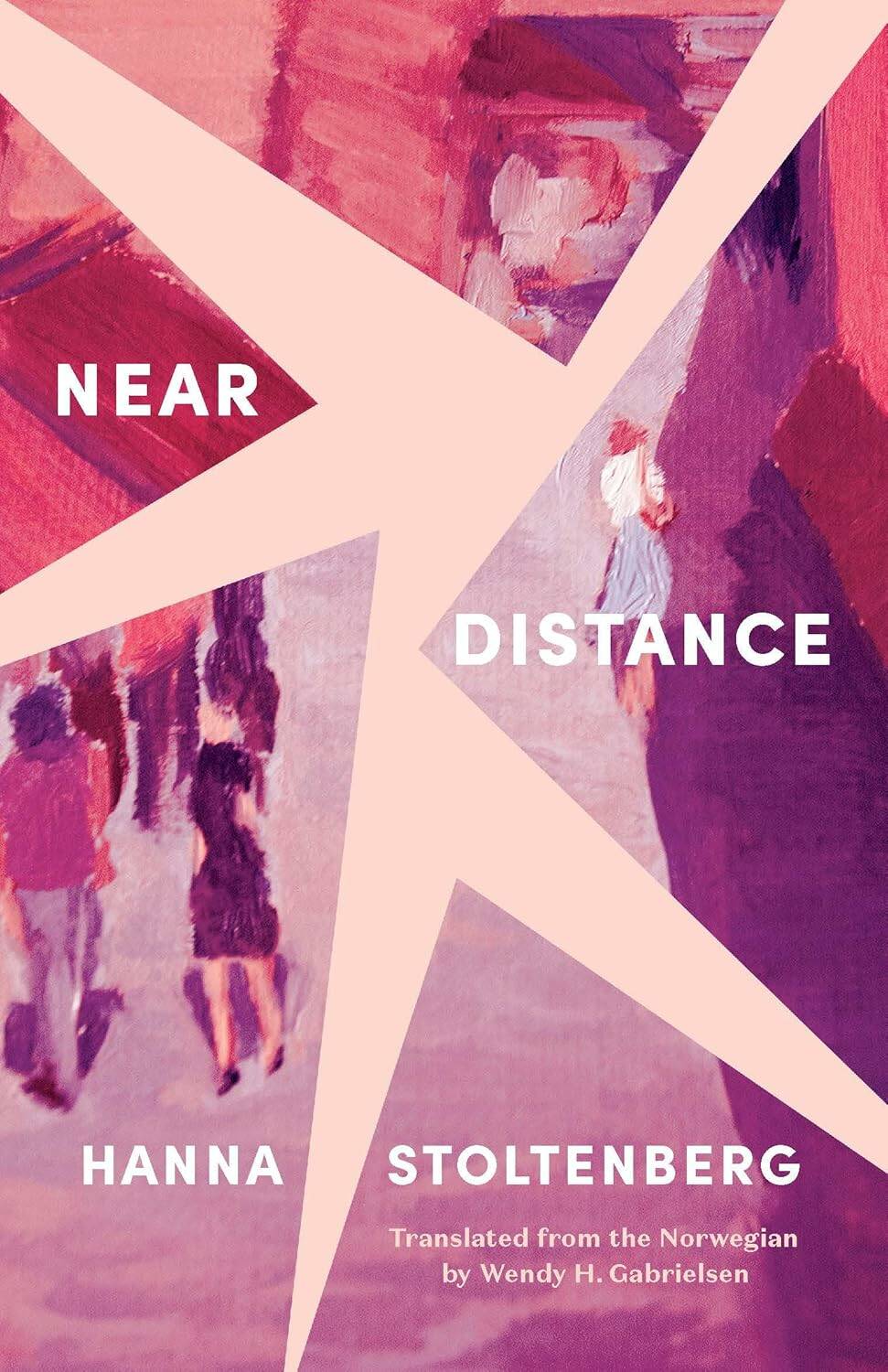Resentment rises to the surface during mother-daughter getaway
Advertisement
Read this article for free:
or
Already have an account? Log in here »
To continue reading, please subscribe:
Monthly Digital Subscription
$0 for the first 4 weeks*
- Enjoy unlimited reading on winnipegfreepress.com
- Read the E-Edition, our digital replica newspaper
- Access News Break, our award-winning app
- Play interactive puzzles
*No charge for 4 weeks then price increases to the regular rate of $19.95 plus GST every four weeks. Offer available to new and qualified returning subscribers only. Cancel any time.
Monthly Digital Subscription
$4.99/week*
- Enjoy unlimited reading on winnipegfreepress.com
- Read the E-Edition, our digital replica newspaper
- Access News Break, our award-winning app
- Play interactive puzzles
*Billed as $19.95 plus GST every four weeks. Cancel any time.
To continue reading, please subscribe:
Add Free Press access to your Brandon Sun subscription for only an additional
$1 for the first 4 weeks*
*Your next subscription payment will increase by $1.00 and you will be charged $16.99 plus GST for four weeks. After four weeks, your payment will increase to $23.99 plus GST every four weeks.
Read unlimited articles for free today:
or
Already have an account? Log in here »
Hey there, time traveller!
This article was published 01/02/2025 (343 days ago), so information in it may no longer be current.
Fifty-something Karin and thirty-something Helene are a mother and daughter with a strained relationship. That detached relationship is at the centre of Near Distance, the debut novel of Oslo-based author Hanna Stoltenberg. Originally published in Norwegian in 2019, Near Distance was awarded two major prizes in Norway, and translated into English by Wendy H. Gabrielsen.
Readers are first introduced to Karin, a divorcee and loner of sorts who is mostly content with her own company, unchallenging job managing a jewelry store and daily routine. That routine often includes a great deal of smoking, long periods gazing at herself in the mirror and meeting up with men she finds on apps for uncomplicated sexual encounters.
Helene, a married mother to two young children, enters the scene a little later; she hesitantly approaches Karin for support when she suspects her husband, Endre, has been cheating on her with a yoga instructor.

Near Distance
While neither mother nor daughter are completely at ease with one another, they decide in that moment to travel from Oslo to London for a weekend away. During that trip, between meeting up with old friends from university and worrying about the state of her marriage, Helene uses the alone time with her mother to express the long-simmering resentment she has always felt towards Karin. She also confesses aloud that she worries that she will become just like her mother.
“She wants to have a good relationship with her, she really does, but it’s as if they can’t agree on what a good relationship is,” Stoltenberg writes. “Karin has clear demands, and seems to believe they’re justified, but it doesn’t feel right for Karin to give in to those demands purely and simply to be close to her… If Karin rings some evening when she’s sitting at home and Helene answers, she gives short, impatient replies, as though she’s keeping an eye on a bubbling casserole or a child, something which at any minute is going to be more important than their conversation.”
As a result of Helene’s confession, the women’s weekend trip is punctuated by shouting matches, glaring looks and a few attempts at empathy, but little else happens in this novel either in London or in Oslo. The narrative is driven by character, rather than plot, and the conflict that exists between the two protagonists is overshadowed by a lack of context.
While Stoltenberg does provide some backstory for Karin and Helene, it’s only enough for readers to confirm, as they likely have guessed, that the tense relationship between the adult Helene and her mother stems from Karin’s ambivalence about her unplanned motherhood and her unfulfilling relationship with Helene’s father, Erik. Rather than indulge her child, and work to maintain her family, Karin chose to indulge herself and walk away from Erik and Helene.
Karin’s aloofness and Helene’s bitterness and immaturity, coupled with the novel’s brevity and Stoltenberg’s sparse, direct and discomforting prose, make it a challenge to care for or root for either mother or daughter. That, however, is likely the effect the author was striving for. Karin and Helene are stymied by their own recalcitrance, resentments and insecurities, and equally hesitant to admit to their own faults and failures. They behave like real people. And real people are sometimes unlikable.
Sharon Chisvin is a Winnipeg writer, editor and oral historian.

